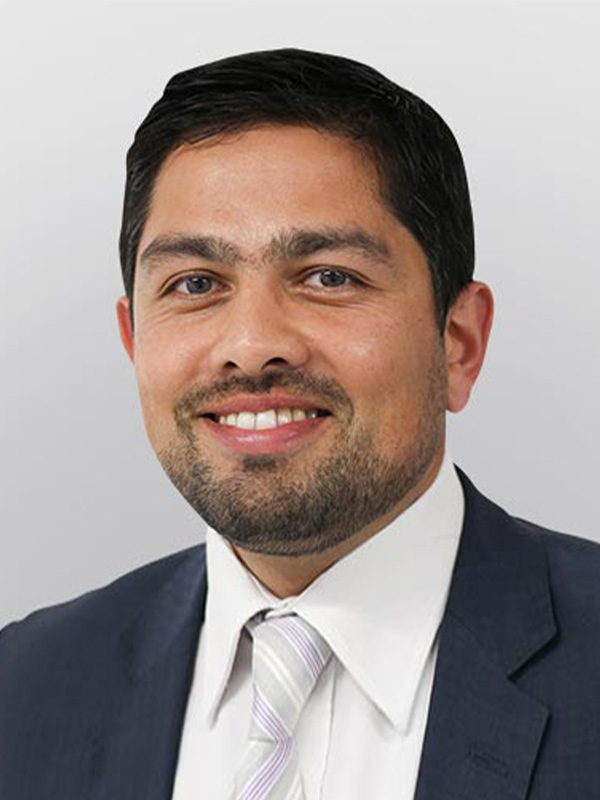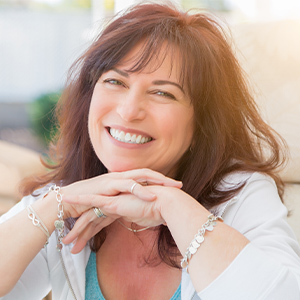World Sight Day 2022: Love Your Eyes
Around 2.2 billion people worldwide, a quarter of the population, have some form of visual impairment – Half of which could have been prevented. The development of eye conditions worldwide comes from a lack of knowledge or resources on how to prevent and treat them.
World Sight Day was created to help raise awareness for these issues and bring global attention to easily preventable loss of vision.
This Year, World Sight Day falls on the 13th of October. World Sight Day is organised on the 2nd Thursday of October every year, and has been organised since the year 2000.
What is World Sight Day?
World Sight Day aims to bring attention to blindness, vision impairment and eye health. Ensuring that everyone has the knowledge to prevent loss of vision, as well as access to treatment and tools to treat them, is the main focus of World Sight Day this year.
The International Agency for the Prevention of Blindness, or IAPB for short, is in charge of World Sight Day every year under the VISION 2020 global initiative. World Sight Day is an annual event held on the second Thursday of October to raise awareness about blindness and vision impairment. This year, World Sight Day falls on October 13th.
A different “theme” is chosen every year, focusing on awareness of a different condition, issue or organisation each time. This year’s theme is “Love Your Eyes” bringing attention to the fact that over 1 billion people have no access to eye healthcare services, with many more having very limited access.
Most people will, at some point, experience an issue with their eye health in their lifetime. World Sight Day encourages everyone to get regular tests and checked so that any condition can be prevented early, instead of developing further.
How do I get involved in World Sight Day?
Following a very successful World Sight Day in 2021, the IAPB has set a goal for 5 million sight tests to be pledged. We should all have our eyes tested at least every two years, but how many of us can say we stick to it? If it has been a while since your last eye check, why not get involved and pledge your test on the IAPB website?
There are several events going on all over the world. Speakers will be lined up to discuss their insights, thoughts and expertise on the subject and provide valuable information on how to protect your vision.
There are many other ways you can get involved. There is a photo competition currently running for the event where both amateur and professional photographers are given the opportunity to demonstrate their skills to share with the world what they see and what it means to “Love Your Eyes”
The IAPB website also offers several toolkits and resources, like guides on how to protect your vision at work or keep your children’s eyes safe at school. You can get these resources for free by downloading them from the IAPB website.
You can also get involved with World Sight Day 2022 online by using the hashtags #WorldSightDay and #LoveYourEyes.
World Sight Day: How Can We Prevent Vision Loss?
Everyone is susceptible to developing eye conditions, at any time. The best way to avoid vision impairment is by understanding what causes these conditions and how you can prevent them.
Following the aim of World Sight Day this year, here are a few of the most common eye conditions we see, and how you can prevent them.
Cataracts
Cataracts are one of the most common eye conditions in the world and are the leading cause of blindness worldwide. Cataracts become more common the older you get, mostly affecting those ages 65 and over.
Cataracts develop gradually over time, causing the lens (the thin layer in front of the retina) to become blurry and cloudy. Over time, vision will become increasingly impaired.
Some of the symptoms you need to look out for include:
- Cloudy or blurred vision
- Sensitivity to light or glare
- Difficulty seeing at night
- Halos, rings or other visual anomalies
- Decreased sensitivity to colour distinction
There are a few lifestyle changes that are thought to prevent or slow the progression of cataracts. Keep in mind that it is still possible to develop a cataract even if you follow all of these, but it is usually much less likely.
- Have regular eye checks
- Quit Smoking
- Manage other Health Problems such as diabetes
- Wear Sunglasses where necessary
- Reduce Alcohol Consumption
- Include plenty of fruit and vegetables in your diet.
There are also treatment options for cataracts if they have already developed. You can receive Lens Replacement Surgery for cataracts to replace the clouded lens entirely.
Glaucoma
Glaucoma is another very common eye condition but can be significantly more difficult to detect. Similarly to cataracts, Glaucoma can occur at any age but tends to be more common in those over 60.
Glaucoma is actually the term for a group of conditions that damage the optic nerve. The optic nerve is damaged when too much pressure builds up inside the eye. This can happen when the eye doesn’t drain fluid properly. Glaucoma usually happens gradually, and it can happen in one or both eyes. People with glaucoma often don’t have any symptoms in the early stages of the disease.
The risk of Glaucoma is an excellent advertisement for regular eye checks, as you will have no symptoms initially. If Glaucoma is not detected and has time to develop, you will require treatment and monitoring for the rest of your life.
The best advice we can give you to help prevent Glaucoma is to get regular eye tests – at the very least once every 2 years. There are a couple of other measures you can take to lessen the chances of Glaucoma developing, these include
- Maintain a healthy diet with plenty of vegetables and fruit
- Avoid constant intense exercise
- Protect your eyes from injury
- Protect your eyes from sunlight
- Inform your ophthalmologist about any blood pressure medicine.
Once detected, there are a few different treatments available that can help slow the progression of Glaucoma. Eye drops are the most common, whereas more advanced cases will require surgery. Find out more about Glaucoma Treatment Options
Fuchs Dystrophy
Fuchs Dystrophy is another common eye condition that you may not know much about. It is caused by the breakdown of cells in the cornea, the clear outer layer of the eye. The cornea is normally filled with a clear gel called the vitreous body. In Fuchs dystrophy, this gel becomes dense and cloudy, preventing light from passing through it and causing vision to become blurred.
Typically, Fuchs Dystrophy starts between the ages of 30-40, but many with the condition will not develop any symptoms until their 50s or 60s.
Doctors are constantly researching and learning more about Fuchs Dystrophy, but not much is known about prevention. There are a few correlations between the conditions and smoking, consumption of alcohol and an unhealthy diet.
For early-stage Fuchs Dystrophy, you can use eye drops or ointments to remove excess fluid and ease swelling.
If you have advanced Fuchs Dystrophy, our very own Dr Fayyaz Musa has pioneered a technique to treat Fuchs Dystrophy known as DMEK. Find out more about DMEK treatment for Fuchs Dystrophy.
World Sight Day 2022 – Get Involved
World Sight Day is a great opportunity to raise awareness about the importance of eye health and vision care. Make sure to pledge your eye test on the IAPB website and encourage your friends and family to get checked too. Post a picture online of how you are getting involved this year using the hashtags #WorldSightDay and #LoveYourEyes.
Find out if you are suitable for vision correction
Not everyone is eligible for vision correction surgery.
Find out if you could benefit from this life changing surgery by taking the quick self-suitability quiz below:
Our most popular procedures
What our patients say…
★ ★ ★ ★ ★
“A very professional and care-based process. All stages were carefully explained and executed efficiently. Dr. Musa is highly skilled and has a wonderful support team. Many thanks.”
★ ★ ★ ★ ★
“I was very impressed with Dr. Musa. He was highly professional and explained everything he was going to do. My eyes are brilliant now, and I felt very happy with everything. I wouldn’t hesitate to recommend him.”
★ ★ ★ ★ ★
“The results after 24 hours are amazing. I have perfect vision in the close, mid, and distance ranges, with no need to wear glasses at all. I could not be more pleased with the results. Thank you, Dr. Musa. Highly recommended!”
★ ★ ★ ★ ★
“I highly recommend Dr. Musa for laser eye surgery. I was hesitant to proceed with the surgery for 2 years, but as soon as I had a conversation with Dr. Musa, I felt at ease. He thoroughly explained the shape of my cornea and recommended the safest procedure for me.”
We have replaced the images of real patients who provided these testimonials to protect their privacy.

Hi, I’m Dr. Musa
Your vision is incredibly precious, and I believe in taking the time to ensure you are fully informed about your condition and the available treatment options. I value open communication and will dedicate the necessary time to explain each option, discussing the relative risks and benefits associated with them. Making an informed decision about your vision requires careful consideration, and I am committed to guiding you every step of the way.
Trust in my fellowship-trained expertise to provide you with the highest standard of care. I understand the significance of preserving and enhancing your vision, and I prioritise your well-being above all else. Visit our clinic to experience personalised care and specialised treatment tailored to your specific needs. Together, we can safeguard the health and clarity of your sight.
Dr Fayyaz Musa
MBChB (Edin) FRCOphth (Lon) CertLRS (RCOphth) PGDipCRS
Expert Laser Eye and Cataract Surgeon





